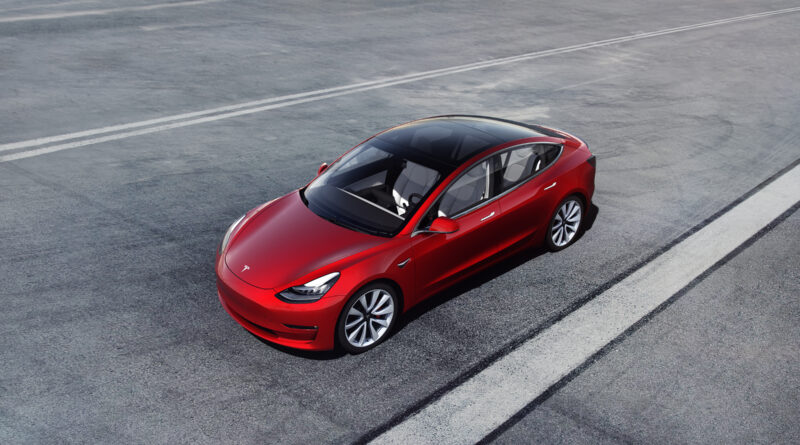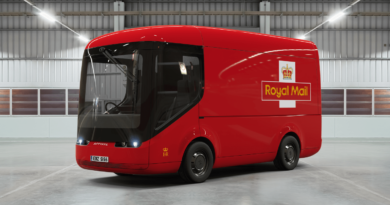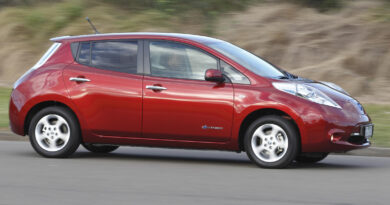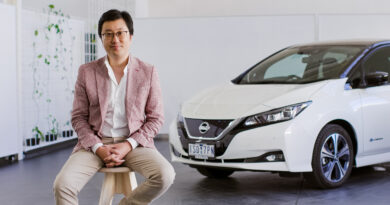The top 5 best-selling electric cars of all time
Car buffs have little trouble naming the best-selling cars of all time – the Toyota Corolla, VW Beetle and Model T Ford included – but what about electric cars?
With pure EV sales skyrocketing in recent years, it’s high time we recognised the best-selling pure electric models, and it’s little wonder to see Tesla come out on top.
Want the latest EV news and reviews delivered to your inbox? Subscribe to our weekly newsletter!
Its Model 3 is recognised as history’s best-selling electric car, despite only being introduced to market in July 2017. When Elon Musk announced in March this year that Tesla had produced its one-millionth electric car (the first brand to ever do so), sales of the Model 3 already totalled more than half this number.
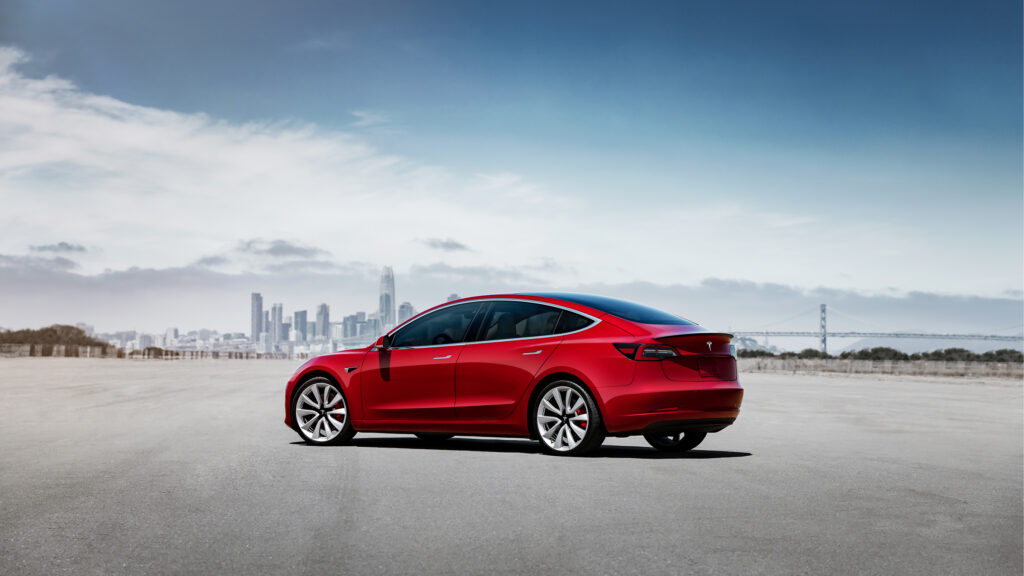
This month, popular electric car sales blog, EV Sales Blogspot, which tracks global plug-in car sales, suggested Model 3 sales had reached 645,000 units. With Tesla announcing it has delivered some 280,000 Model 3 and Model Y (combined figures) this year so far, the Model 3 is on track to be the world’s first ever electric million seller sometime in 2021.
Second on the list is the Nissan Leaf with an estimated 490,000 sold since its 2010 launch, even though Nissan announced last month it had delivered its 500,000th example.

The Leaf has for many years been the world’s best-selling EV, but the numbers shows the huge market response to Tesla’s Model 3, now significantly eclipsing the Nissan’s achievements despite being on sale for only three versus ten years.
Rounding off the podium is Tesla’s Model S with an estimated 305,000 sales. In fourth is Renault’s Zoe – recently pulled from sale in Australia – at 231,000, while Chinese market BAIC EC-Series and BAIC EU-Series are squabbling over fifth place with 203,000 sales and 196,000 sales respectively.

A few honourable mentions. BMW’s i3 has amassed 191,000 sales; Tesla Model X 177,000; Volkswagen e-Golf 136,000 and the Hyundai Kona Electric clicked over the 100,000 mark in July this year after just over two years on sale.
The EV Sales Blogspot figures are occasionally best estimates, while the data is only for pure EVs and not plug-in hybrids (PHEVs).
Tesla’s reporting of sales numbers is often not the easiest to interpret (in Australia, the brand doesn’t subscribe to our auto industry’s VFACTS reports listing new car sales), while its official global delivery report combines the Model 3 with the Model Y and the Model S with the Model X.

